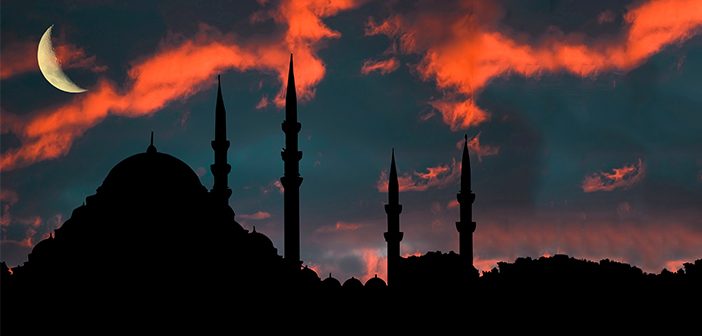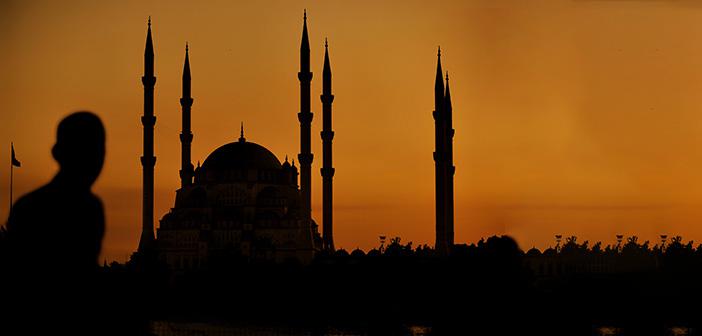What are the prohibited days for fasting?
In Islam, while there are days when fasting is commanded or advised, there are also days when fasting is prohibited or considered as disliked. According to the nature and strictness degree of the prohibition, on some of these days, fasting is haram or makruh tahrimi (disliked close to be prohibited), and on the others, it is makruh tanzihi (disliked close to be permissible).
The days of eid come on top of the list of days when fasting is prohibited. Prophet Muhammad (saw) informed about two days when one is not allowed to fast; one is the first day of eid al-fitr, and the other is all four days of eid al-adha. (Bukhari, Sawm, 66-67). It is prohibited to fast on the first day of eid al-fitr only and all four days of eid al-adha (Mawsili, al-Ikhtiyar, I. 395-396). The reason for this prohibition is that eid days are for eating, drinking and enjoyment. Eid al-fitr is considered as “a general iftar feast” offered after one-month fasting performed for the sake of Allah (swt). Therefore, it is also called as “fitr/iftar eid.” In this regard, the first day of eid al-fitr is like the iftar of the whole Ramadan fasting. Fasting on such a mass iftar day is considered as not attending to the symbolic feast of Allah (swt) and this is, at least, unrespectful. The days of eid al-adha when sacrifices are made for the sake of Allah (swt) are also the days of feast. The Prophet Muhammad (saw) stated that tashreeq days are for eating, drinking and praising Allah (swt) (Bukhari, Sawm, 66-67; Abu Dawud, Savm, 49).
If there is a possibility for pilgrims to be tired and fall into weakness, it is more appropriate for them to not fast on the eighth day (tarwiyah), and on the ninth day (arafah) of Dhu al-Hijjah. The Prophet (saw) prohibited fasting on the Day of Arafah for those who are at the Mount of Arafah. (Abu Dawud, Sawm, 64). Because it is more favourable for pilgrims to be energetic and lively while performing hajj prayer then performing nafl fasting.
On some days apart from these, fasting is considered as makruh for various reasons. For example, fasting only on the day of Ashura (10th of Muharram) is considered as makruh because it means to resemble Jews and resemble them (Abu Dawud, Sawm, 66).
It is makruh to fast on the Day of Shekk (The day doubted whether it is a day of Shaban or Ramadan). The Prophet (saw) also forbid to welcome Ramadan by fasting one or two days before the month of Ramadan (Bukhari Sawm, 11, 14; Muslim, Siyam, 21; Abu Dawud, Sawm, 11).
It is makruh to fast consecutively as more than one days without breaking it. This is called as wisal fasting (sawm al-wisal). According to what Aisha (ra) stated, Prophet Muhammad (saw) forbid to perform wisal fasting and replied those who reminded him that he himself did so: “I am not like you; I am fed and supplied drink (by Allah).” (Muslim, Siyam, 55-58).
Source: Presidency Of Religious Affairs The Turkey, High Board of Religious Affairs FATWAS,




